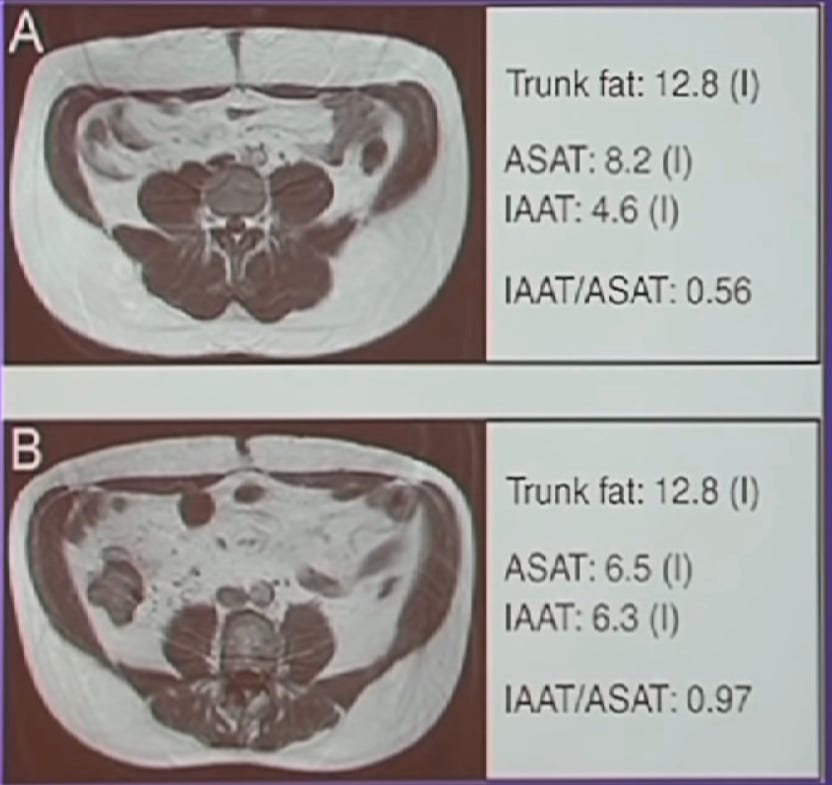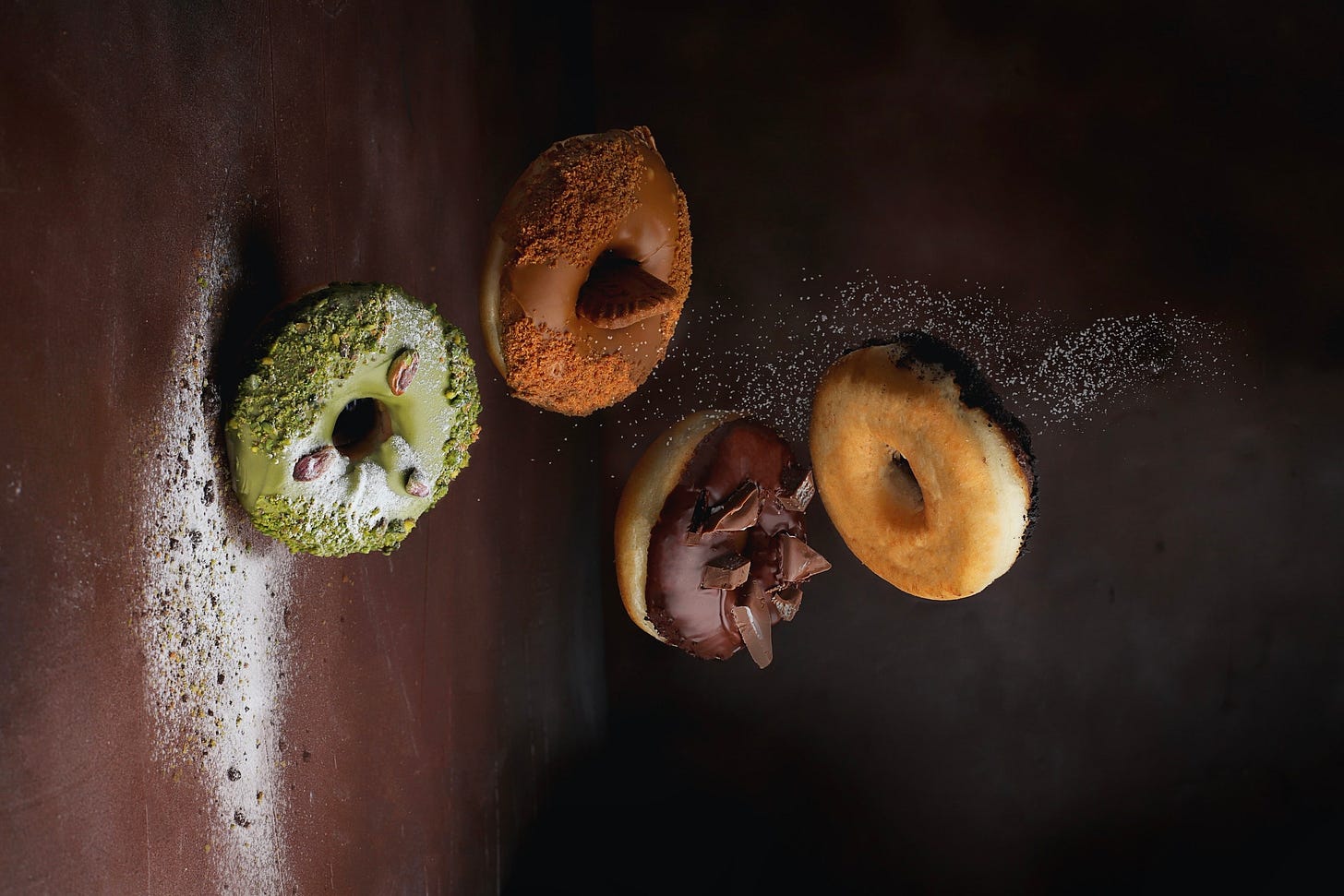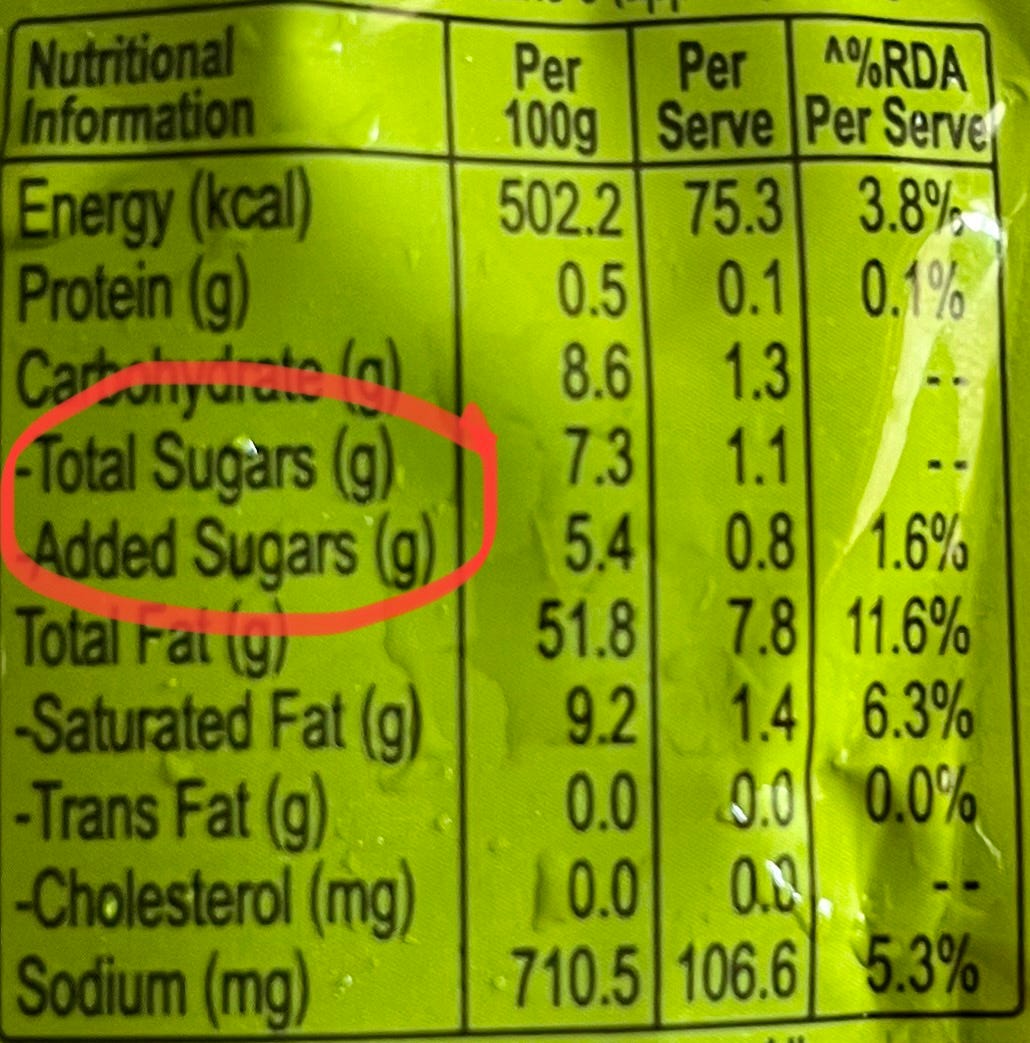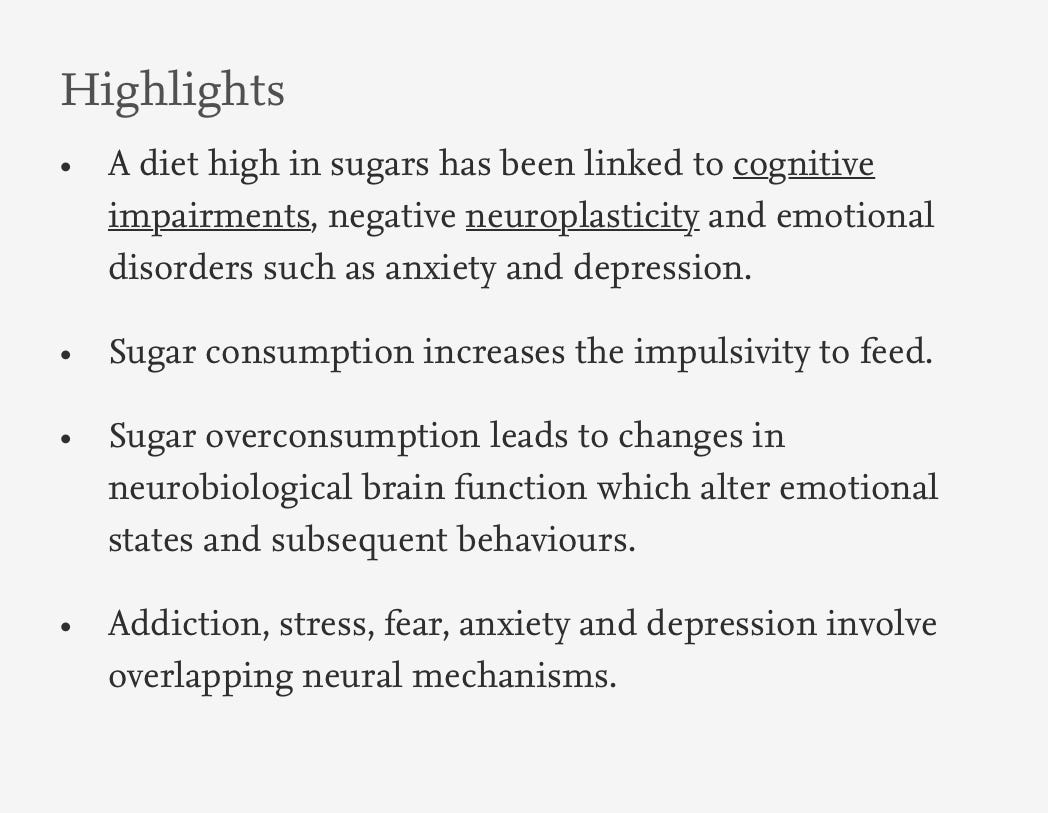Did you wake up today with the passion for fixing your diet – that you summoned in your thoughts the night before – yet you are on your phone waiting for your cheesy chicken burger while you are reading this?
Did the stress of cooking your own meal feel too much? I know, stress is a bad mf. But I won’t tell you that you are not somewhat responsible for your toxic relationship with your diet. You’ve got plenty of that positive affirmations content elsewhere.
Our eating habits are fucked and we’ve kinda given up. Life is so complex already that the dream of cooking your food died a measly death long ago. But the problem is more complex than you think. Don’t tell me you don’t feel guilty about stuffing that cheese-loaded burger in your mouth. I know you care for your stomach. You just don’t have the bandwidth for its healthy demands in your head right now.
So let’s begin our journey into the mess that modern eating is. And let’s hope at the end of the second issue, we find some valuable insights while sifting through the cornucopia of issues.
The most important thing you need to remember is this:
A bad diet is not an issue of willpower. It’s an issue of psychology – that has been hacked while we were busy playing the game of a globalized economy.
Before we dive in, let’s bust some myths first:
Merely maintaining your calorie count isn’t the goal. There is such a thing as bad food. You can’t eat just about any food.
Fixing your relationship with food, commonly called diet, takes time, effort and patience, and most importantly, vigilance.
Food addiction is real because sugar is addicting and boy, there’s a lot of sugar in circulation.
If you are not fat or obese, stop thinking that you don’t have an equal chance of developing chronic diseases – when your diet is not good. In other news, people who fall into the obese category can be perfectly healthy if they are just overeating good food.
Now, let’s begin dismantling all the misunderstandings and messed-up psychology.
The system is rigged, and the advice ineffective
All the advice against bad eating assumes that the person isn’t aware of their diet choices. They overlook the fact that we are not eating for health now, we are eating to be able to work and create wealth. Eating healthy comes way down in our priority list as there are more important problems to take care of.
Eating is not just satiating out hunger anymore. We have associated experiences with eating. Going out, watching Netflix, feeling good when feeling lonely or stressed. Good food is not the end in itself.
Food is now a pleasure complimentary to other coping mechanisms.
Fixing your diet and being vigilant takes time and effort. When we don’t have a direct relationship with food, we can’t allow that kind of commitment. As we live more and more in the forever present, we don’t have the stamina to imagine the outcomes a few months/years down the line. Not to mention that there are so few triggers nowadays that can motivate you to start your journey.
We don’t realize we have developed layers and layers of justified reasoning for our eating patterns. Our diet is just like any other relationship in our lives. When we start trusting our minds and our bodies, it starts helping us — rather than working against us. Chore-based strategies are doesn’t last for most people. You should have a visceral level of disgust against your bad eating patterns. Any transformation in life needs a trigger.
Take a look at some of the reasonings we use to justify our diets:

I don’t have to explain how these are carefully crafted excuses – crafted by us and leveraged by the food industry – both reinforcing each other – but benefitting only the latter in the endless cycle. If you pay attention with brutal honesty, you’ll realize that a lot of problems in your life (as we’ll discuss below) are caused by eating unhealthy and the ways it manifests itself - psychologically and literally.
You can’t fight a problem when you don’t understand it. The food and health industry is working day and night to externalize the problem onto you, that you are fully responsible for your bad diet. That you are lazy if it sucks. Only to sell you more crap that takes us away farther from the problem. They will try their best to take our minds away from ourselves.
The real intruder in town
We all have an almost algorithmic opinion that if somebody is fat, they are obese. While very few in the town know about visceral fat. Visceral fat is the kind of fat that kills. Yeah, I know, appearances can be deceiving.
The image below is cross sections of the stomach of two people with the same body weight.

From the outside, person A will look more obese than person B, but take a second look. Person B has more visceral fat than person A, that is all the area covered by the black boundary. This is the kind of fat that gets accumulated when we eat more carbs than required. Anytime you eat some food loaded with added sugar, you are prone to gaining this fat.
So, here’s the catch:
You are more prone to diseases like type-2 diabetes, heart stroke, breast cancer, high blood pressure, Alzheimer’s disease, etc. than a seemingly obese-looking person if you are eating junk food day in and day out.
And don’t confuse that you are not prone to it if you’re not eating/ordering from outside. Any packaged item that has this kind of sugar added is a high-sugar food. Take a look into your fridge and see the nutrition labels. The recommended intake of sugar for adults is 30g in a day.
We have this ill-founded confusion that extra body fat means bad health, commonly known as obesity. But very few people know that the real culprit for diseases like heart stroke, type-2 diabetes, cardiovascular disease, etc. is Visceral fat.
In fact, research done by the University of California found that a larger percentage of people who fall into the normal weight category are more prone to these diseases compared to those whom we stereotypically regard as obese persons.
So, how is high sugar consumption contribute to visceral fat, and why it’s bad for us?
Certain types of sugars in foods such as burgers, french fries, soft drinks, ice creams, etc raise the level of the hormone Insulin, above than required by the body to do work. This is known as insulin spike. As soon as food enters our body, Insulin is released by our pancreas to help the cells in our muscles and our brains to accept the incoming sugar molecules from the food. Sugar which is a catchall term for all kinds of carbohydrates is used by our cells to generate energy. Now, there is yet another hormone called Leptin which our body releases when we have eaten enough food to go work i.e when we are full.
The catch here is that there’s a natural fault in this mechanism. Our bodies are not adapted to process such amounts of sugar in a single meal. Insulin spikes since all that sugar need to go somewhere – because that’s the only thing our bodies know to do with sugar. When insulin spikes, unfortunately, the body stops releasing leptin in its required amount. And we end up overeating.
Due to this diminished supply of leptin, you feel hungry even when your body doesn’t need food. So, you end up in this vicious cycle of overeating. This gets worse when you don’t actively exercise because there is no avenue for those extra calories to burn. These extra calories end up in the form of visceral fat.
Fat is our natural energy store that is used when you don’t have anything to feed your body. It’s a disaster prevention mechanism for our bodies. But when there is extra visceral fat than required, the sugar molecules start seeping into the bloodstream as a last resort. When your bloodstream gets polluted, all kinds of diseases line up.
The locus of all your problems
It all starts with this short-term capitalistic mindset that time is the most expensive currency. Since we were raised with this mindset, we felt proud of saving time by not cooking our food. Hence, we never had a positive experience with cooking.
We might not realize it but hunger is the most primal pain. So, seeking food when hungry is one of the most primal pain → solution mappings installed in our memories. While we now have more food than we require, our first instinct is to seek food when we feel any discomfort.
We’ve risen in Maslov’s hierarchy but the hardwired mappings are hard to level up. Food is to discomfort what our moms are when we fall sick. So, in that sense, all fears that we alleviate with food are attached to the fear of hunger. That’s why our mind is so quick to crave food.
Because we don’t cook, over time, we become oblivious of what gets in our system. Let’s be honest: we are the least proactive when it comes to our diet. It’s almost as if we wait for any visible cue of discomfort to act on it. And as far as we can maintain our shape, everything’s fine.
We wandered into the information era hoping that things will be easier. What we found is that they are more complex than ever. Unlike our parent’s generation, there are no straightforward solutions for anything. Everything comes attached with optionality now. And diet is no exception.
We apply the cost-benefit analysis to everything in life, but biology knows no capitalism.
You might not believe it but modern food is addicting (we’ll discuss this below). And it often becomes too late until we realize it. Plus we have this extraordinary ability to reject the tiny feedbacks that our bodies provide occasionally. Because we think if it’s tiny, it can be addressed later. But what we get to see is the tip of the iceberg. We don’t even want to peek around the iceberg.
So this is what happens: As with any addiction, the symptoms start to show sooner or later. When the balance of essential nutrients gets messed up, the balance of energy also gets messed up. You gradually lose vitality and energy. Your day-to-day work gets affected and productivity goes down. To compensate for that, you wake up till late in the night – hoping for some personally productive time. This eventually fucks up your sleep schedule. You start to feel stressed at work. The highly dynamic nature of our lives adds to that stress. This eventually takes a toll on your body and your physical appearance worsens day by day. You start to feel so tired and out of shape, that you start avoiding social interactions –since they demand energy and attention. Food transitions from energy into coping due to all this discomfort. This builds up internal guilt and shame and you start avoiding social interactions. Your self-esteem too takes a toll. You see your friends on social media having the time of their lives which lowers your self-esteem further – flaring up all the primal negative emotions. Without any urgent intervention, this vicious loop gets stronger every day, until you find yourself nowhere out of it.
We are eating dopamine
Sugar is not just something that tastes sweet. Sugar is waiting everywhere to disillusion you. At this point, it’s not even something revealing. The real reason sugar is addictive is it is sneakily hidden in food products that save you time. You heard it right. Sugar plays on the manufactured concern that time is the most costly currency. While it’s true nonetheless, sugar distorts this fact further at our neurobiological level. It converts the concern into fear. It makes short-term gratification your primary way of coping.
In the uncertain and anxiety-ridden psychology of our modern life, we live denial-to-denial. The problem today is not a lack of information. The problem today is to retract from information and sensory overload – while maintaining sanity with the fact that information moves the world now. In this economy, anything requiring commitment without any clear-cut output is seen as a waste of time. Fitness tech companies leverage this phenomenon. They give you one biological metric to improve on with visible data. While that’s a good start but it’s also a slippery slope. It’s easy to get carried away in biological optimization and shove the underlying problems (what we discussed above) under the rug. Personally, I haven’t heard from anyone that any specific technology improved their eating habits significantly.
Not everyone is addicted to sugar. People who have their thoughts and actions around diet figured out often enjoy sugary treats at their wish. It’s the people who unfortunately end up making it a cope, often due to lack of attention and denial, who become addicted to it. Not to mention, the whole culture is driven to feed us more and more sugar because our economy literally runs on sugar. Just look at the anti-patterns that food companies follow in your phone notifications. Aren’t they more concerned about our hunger than ourselves?
Making your stomach full is absolutely not eating. It’s the antithesis of good eating. As a general rule, we should eat when we feel hungry. It’s through this misunderstanding at the biological level that sugar finds a loophole for someone who is addicted to it. Note that, unlike other addictions, sugar takes a lot of time and compounds at the end of the stages.
Watch this excellent video to understand this process:
It’s the age of psychological hacks by hacking our dopamine receptors and food is the easiest one to target. When something so basic needed for our survival has been turned into instant pleasure and gratification, denial is the natural course of action.
We wanted to eat for hard-won and reliable serotonin. Instead, we got hooked up to cheap and unreliable dopamine.
The coercive nature of the fitness diet
Fixing your diet takes time. Fixing your relationship with food takes time. You have developed the patterns since childhood. It ain’t gonna be fixed completely with a diet regimen suggested by a fitness consultant. It is a journey of learning the specific needs of your body. It demands your complete attention.
That doesn’t mean you shouldn’t take a consultation. But you need to keep in mind that there is little discount for the unexpectedness of life in that program. Because people get so desperate with fixing our diets, they often neglect this aspect. And when we can’t learn the correct eating behaviors within the strict timeline, we get discouraged. That’s why so many people lose hope and adopt fad diets year on year in the illusion of getting healthy. Remember, appearances can be deceiving.
The fitness industry optimizes for scale, just like any other industry. They just need to make a single person look fit to catch 100s and 1000s of eyeballs. I don’t know the average failure rate of the people that get into a particular program. But I guess it’s pretty big. Plus it puts a lot of pressure on our body and our minds to get to a certain image in a very narrow time. Sometimes, the body fights back and that doesn’t end well. Not to mention our confirmation bias. We often don’t get to see who failed in their journey.
Our diet should be one of the closest things to our hearts. Think about how much care you give to your hair and your face. Now compare that to the effort we put into our diet. It almost amuses me that cooking which literally nourishes all our senses at once is now seen as something time-wasting and stressful. Besides, it is a real skill and you get real fulfillment when you get better at it. One of the best things we can do is to feed someone a delicious and healthy meal – because it’s almost rare these days.
It’s really a tragedy that something so close to our hearts has been turned into something which is a locus of a lot of our modern problems. It’s a perfect example of the saying - we always take for granted the very things that deserve our love.
If you know someone who has always struggled with diets to the point of total frustration, please share this issue with them. Help spread what we are trying to achieve here. And as always, write to me letsharden@gmail.com or hit me up on Twitter at @poetofgrindset.
Here are some videos that I watched to craft this issue. Highly recommended.









Most underrated topic :) Top notch writing :technically, scientifically & literally.